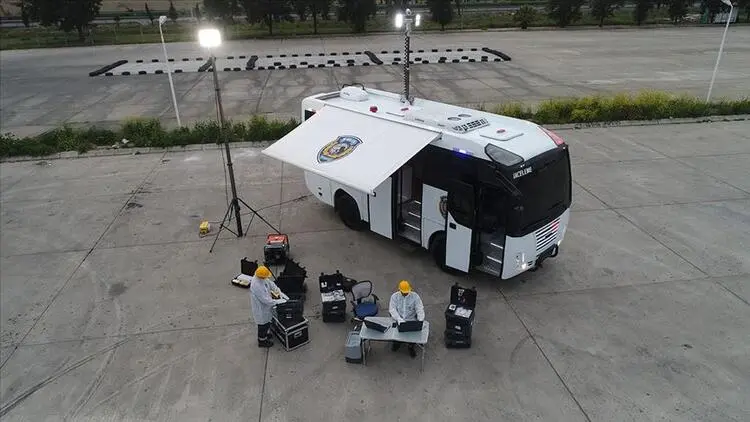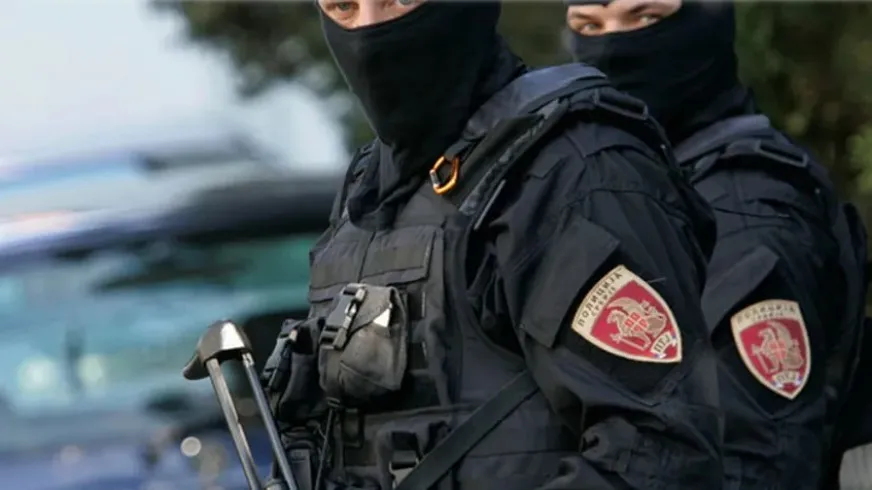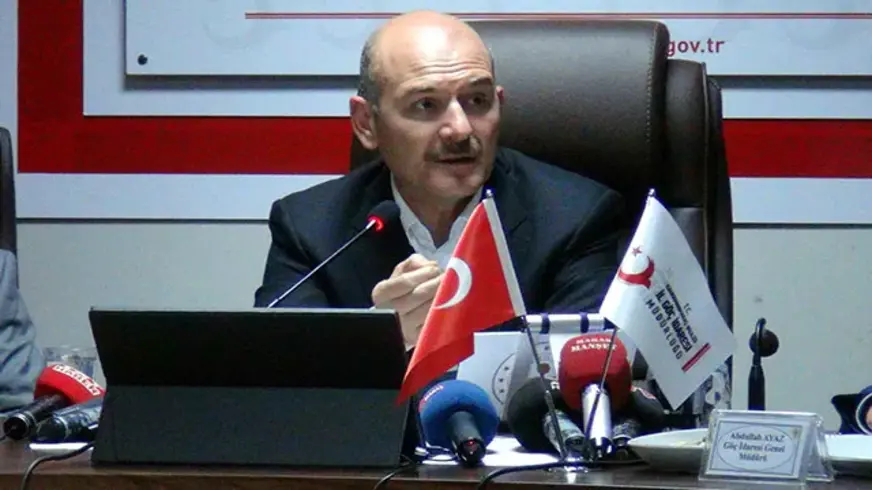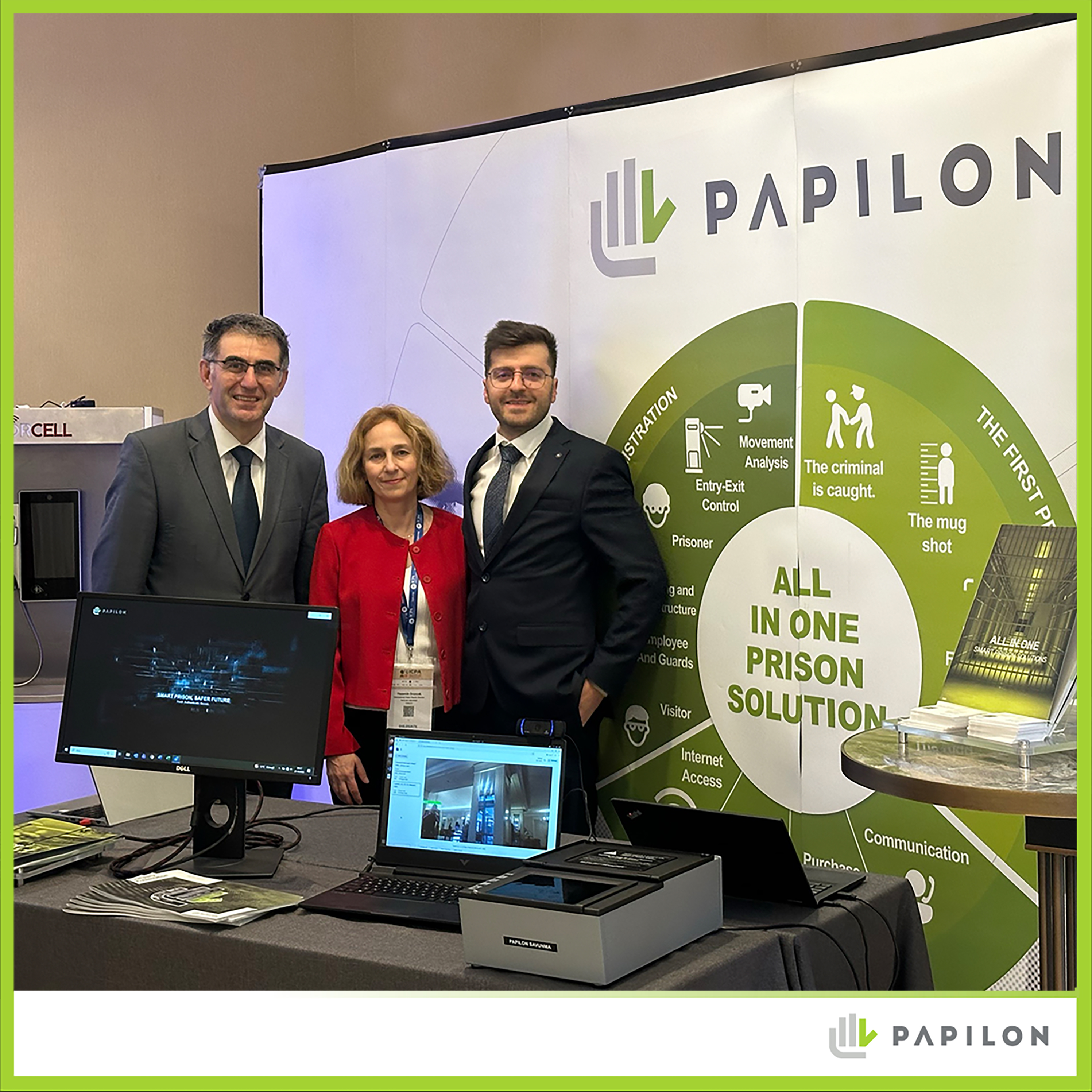
Collaborating with the National Police and Gendarmerie forces, Papilon helps getting unsolved crime cases closed. As a result of Papilon fingerprint scan and comparison products and services jointly used by the National Directorate of Police and General Commandership of Gendarmerie Forces, 2765 unsolved cases were successfully closed.
Last year, a protocol was signed between two organizations with the order of the Minister of the Interior, Mr. Süleyman Soylu. The protocol sets forth the mutual investigative use of the fingerprint databases of the Police (APFIS) and the Gendarmerie (OPTES). Owing to this mutual use of data, many unsolved cases got closed. The total number comprised of 231 cases relating to PKK, 61 other cases relating to FETO, 52 murder, 145 illegal use and trade of opioids, 1685 theft cases and 581 other cases. 7844 fingerprints taken during these cases were linked to 3785 individuals.
Thousands of books and organizational documents related to FETO which were disposed as garbage or left in empty areas follıowing the failed coup attempt of 2016, and many materials seized during various operations related to PKK/KCK were thoroughly studied in criminal laboratories. More than 15,000 fingerprints harvested from 32,727 pieces of evidence were recorded to the joint databases of both organizations.
Papilon’s Big Impact on War Against Terror
On August 1, 2011 terrorists opened fire on a convoy on Van-Hakkari highway, killing a sergeant on duty and wounding the former governor of Başkale County. Following the tragedy, fingerprints harvested from the scene were ran in the joint database. Matches received were used to capture the perpetrators. During the investigation of clashes between the army and the terrorist organization in July 2018, the criminal investigators were able recover two distinct fingerprints from the scene with the help of OPTES and APFIS which then led to the solving of six previous crimes.
Fingerprints Played an Important Role in Solving Nine Different Terror Cases
In July of last year, clashes between army combatants and terrorists in Gümüşhane’s countryside led to the capture of PKK’s so-called “Black Sea Region Chief Operative” Mehmet Yakışır, who went by the codename Zeynel. Running the fingerprints taken from Yakışır in OPTES & APFIS, the law-enforcement was able to solve nine other seemingly unrelated terror cases.








